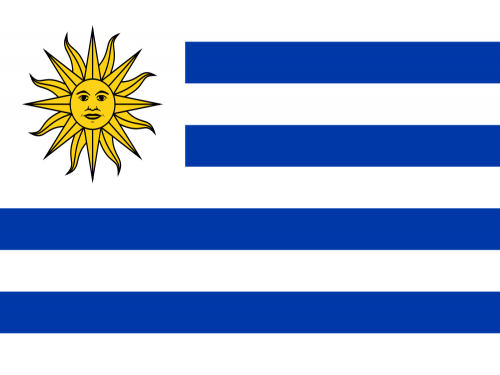Uruguay


Discover Uruguay
Uruguay, a small South American nation situated between Argentina and Brazil, has a history marked by colonialism, struggle for independence, and a commitment to social progress and democracy.
Before European contact, the region was inhabited by indigenous peoples, including the Charrúa and Guarani. In the early 17th century, the Spanish established the settlement of Montevideo, which later became the capital of Uruguay.
Throughout the 18th and early 19th centuries, Uruguay was a contested territory, with Spain and later Portugal vying for control. In 1828, the country gained its independence from Brazil, thanks in part to the efforts of national hero José Gervasio Artigas.
The 19th century saw a series of conflicts and struggles for dominance between various political factions, including the Colorados and Blancos, which shaped Uruguay's political landscape.
Uruguay's history is also marked by a strong commitment to social progress. It was one of the first countries in the world to provide free, compulsory, and secular education. It has a rich cultural heritage, with contributions to literature, music (including tango), and the arts.
In the 20th century, Uruguay faced political turmoil, including periods of military rule, but ultimately returned to democracy in the mid-1980s.
Today, Uruguay is celebrated for its progressive social policies, political stability, and its role in regional diplomacy. Its history reflects a journey from colonialism and struggle for independence to a modern democratic nation with a strong commitment to social welfare and human rights.
Source ChatGPT
Experience Points


XP EARNED OUT OF 0
Points Breakdown
| Sticker Collected | 0 XP |
| Card Collected | 0 XP |
| Bonuses | 0 XP |
| Total | 0 XP |
Your travel history

First Visit
---
Last Visit
---
You've logged 0 visits.

